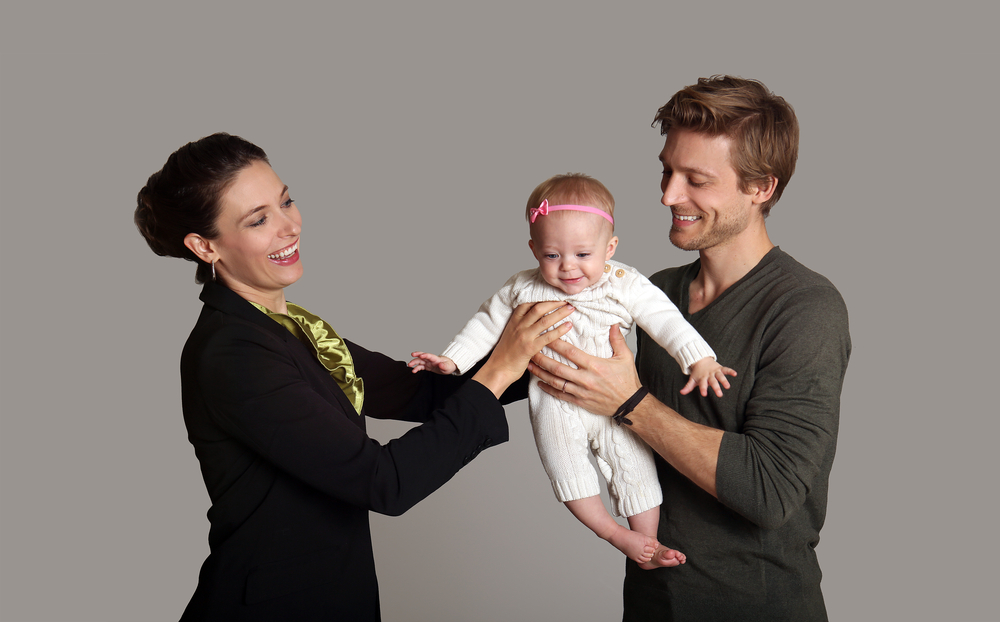Household Bills
Child benefit tweak could help higher earning parents avoid fines

The Government is set to change the way parents pay the High Income Child Benefit Charge which should do away with submitting a tax return and paying any fines if they were in the dark about it.
The Government said it wants to “simplify the process” for parents who become liable to pay the High Income Child Benefit Charge (HICBC), particularly for those who need to register for self-assessment to pay money back.
In a written statement by Victoria Atkins, financial secretary to the Treasury, she wrote: “The Government will provide details in due course on how it will enable employed customers to pay through their tax code, without the need to register for self-assessment.”
Child benefit is paid to the parents or guardians of children under the age of 16, or under 20 if they stay in approved full-time education or training. It is currently set at £24 a week for the eldest child and £15.90 a week for each younger child.
However, the HICBC was introduced in 2013 and affects families where one parent earns more than £50,000 (net) a year.
Those with income above this figure are required to pay 1% income tax on the child benefit for each £100 of income above this. This means the value of child benefit is eroded to nil once the taxable income of one of the adults exceeds £60,000.
Even if you normally pay tax through the PAYE system, you must submit a self-assessment return to pay the tax.
‘Government finally recognises this system is not working’
Around 355,000 families were hit with the HICBC in 2020/21, according to the latest figures, returning £405m to HMRC.
One of the key problems in the system, according to Steve Webb, former pensions minister, and current partner at consultants Lane, Clark and Peacock, is that parents with “relatively simple financial affairs” such as having one job or taxed under PAYE do not normally need to file a tax return.
Webb said: “One of the many flaws of the HICBC is the way it has caught thousands of families unawares. Parents with simple tax affairs who would not normally have to fill in a tax return have needed to do so once their annual income exceeded £50,000, perhaps because of a pay rise or bonus.
“Those who have failed to do so, often simply through lack of awareness of the system, have had to pay the charges and have also faced fines. After more than a decade of operating the charge, the Government has finally recognised that this system is not working. The news of plans to make collecting this charge more automatic is welcome – just ten years too late”.
Sarah Coles, head of personal finance at Hargreaves Lansdown, said: “This announcement should be welcomed as a sensible step in the right direction – but there’s still a fair way to go before the system is seamless.
“There’s also the issue of what happens when you’re paid more than £60,000 – at which point, you have to pay all the child benefit back. Some people in this position don’t bother claiming at all. However, this can have serious implications if one parent takes time away from work to look after children. You may have years where you don’t pay enough National Insurance to count towards the 35 years of contributions you need for a full state pension. If you claim child benefit, you receive NI credits that count towards your state pension until the child hits the age of 12, which will help you hit the target. If you don’t claim at all, you don’t get this credit either. In fact, you need to apply for child benefit and then opt out of receiving the money.”
In April the Government announced a big change to child benefit claim rules, making it easier to notch up vital National Insurance credits for a better state pension.
As part of this move, parents who have not claimed child benefit will be able to claim NI credit retrospectively, the Treasury confirmed.